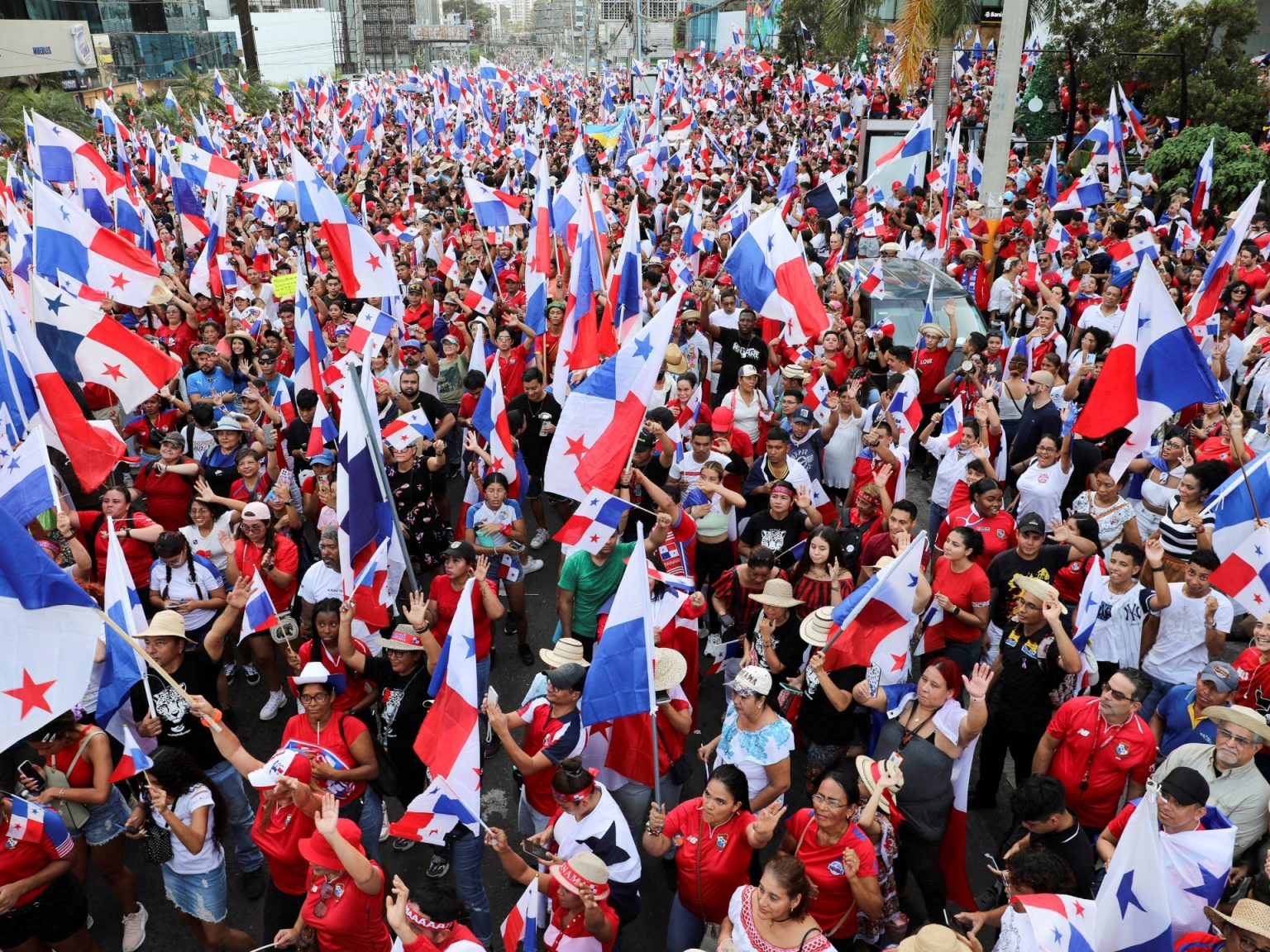Over the last five years, Panama has faced challenges such as the COVID-19 pandemic, protests, and a drought affecting the Panama Canal. As the country prepares for its upcoming presidential election, eight candidates are vying for the position currently held by President Laurentino Cortizo. Former security minister Jose Raul Mulino leads the race, with other contenders including former presidents and high-ranking government officials. Corruption is a major concern for voters, with Transparency International ranking Panama low in its corruption index and estimates that the country loses a significant amount of its GDP each year due to corrupt practices. All candidates have promised to tackle corruption, but some have faced allegations of malfeasance themselves.
Economic concerns are also at the forefront of voters’ minds in Panama, as despite sustained economic growth, the country remains one of the most unequal in Latin America. While the unemployment rate has improved, job quality remains an issue, especially among young people. Informal employment is prevalent, leading to challenges in contributing to public funds. The country’s credit rating has been downgraded, which could impact interest rates and strain government finances. Fitch cited the closure of the controversial Cobre Panamá mine as a factor in the credit rating downgrade, and the mine’s closure could lead to international arbitration and potential financial repercussions for the government.
Environmental issues are another key concern for voters in Panama, with rising sea levels threatening Indigenous communities and a prolonged drought affecting water scarcity and the Panama Canal’s operations. Climate change and El Niño weather patterns have exacerbated environmental challenges in the country, with hundreds of protesters calling for action on issues such as the closure of the Cobre Panamá mine. The incoming president will need to address these environmental concerns, which are impacting both communities and commerce in Panama.
Experts warn that the winner of the election will face significant challenges in addressing the country’s issues, including rallying support in the National Assembly and navigating the diverse political landscape. Calls for constitutional reform to address corruption have been made by some candidates, with proposals for a constituent assembly to revise the current constitution. While constitutional reform may have popular support, some experts question whether it will solve the underlying issues of inequality and lack of opportunities in Panama. Despite the challenges ahead, the upcoming election represents an opportunity for change and addressing the pressing issues facing the country.


